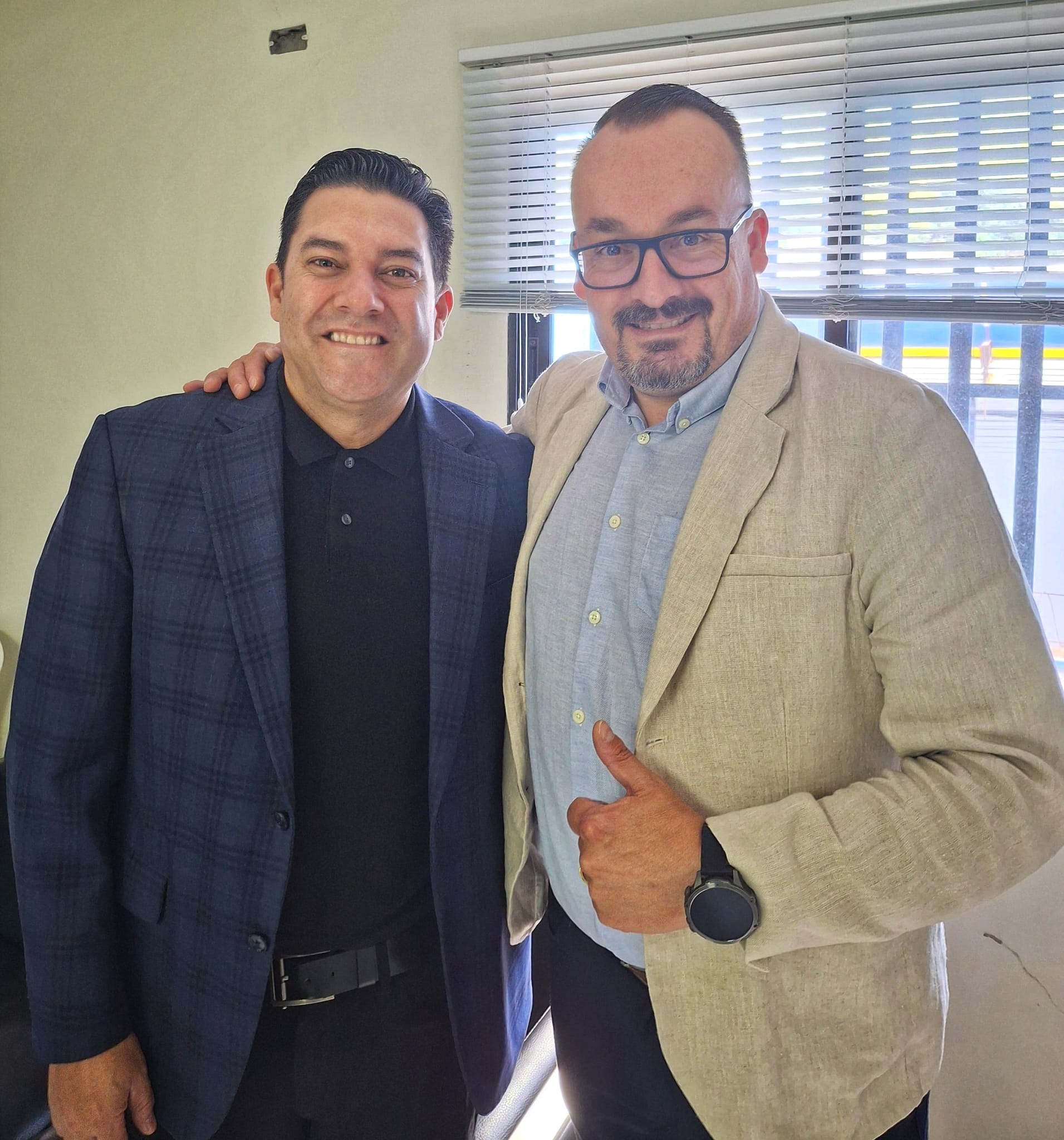Juan Diego Zelaya: A Vision for a Safer, More Transparent, and Democratic Tegucigalpa
07 september 2025 | Marco van den Boomgaard
As Honduras approaches a crucial election season, one of the most prominent candidates for mayor of Tegucigalpa is Juan Diego Zelaya. With over 20 years of political experience, including time as deputy mayor, congressman, and party secretary, Zelaya is now stepping forward with a platform focused on security, jobs, traffic solutions, water access, and public spaces.
In this exclusive interview, Zelaya shares his background, priorities, and vision for the capital city.
Interview with Juan Diego Zelaya
Marco van den Boomgaard: Nice to meet you, Juan Diego. You’re running for mayor of the capital of Honduras, correct?
Juan Diego Zelaya: Yes, I’m running for mayor of Tegucigalpa. The elections will take place on November 30th—just 86 days away.
Marco van den Boomgaard: Tell me more about you. Who is Juan Diego Zelaya?
Juan Diego Zelaya: I’m the son of two artists. My mother is a sculptor, and my father was a jazz musician who unfortunately passed away during COVID. I guess you could say I rebelled against my parents by becoming a politician—maybe the most unexpected rebellion of all!
I’ve been involved in politics for more than 20 years. I’ve served as deputy mayor, twice as a congressman, and as party secretary. Today, I’m the vice president of my party and now a candidate for mayor of the capital.
Marco van den Boomgaard: What are your main priorities if elected?
Juan Diego Zelaya: We’ve built our platform by listening to the people. Through polling and research, five priorities stand out:
1. Security and safety – Citizens consistently rank this as the top issue. While mayors don’t directly control security, we plan to act by establishing a municipal 911-style system, installing cameras, improving lighting in public spaces, and strengthening the municipal police in key areas such as parks and transportation hubs. Education also plays a role in creating a culture of respect and safety.
2. Jobs and employment opportunities – Expanding opportunities is essential to reducing inequality and building a better city.
3. Traffic and mobility – For the first time in 20 years, traffic is among the top concerns. We need sustainable, modern solutions to improve daily life.
4. Water access – Many communities lack reliable, affordable water. Our goal is for every resident to have water, all the time, at a fair price.
5. Environment and public spaces – Citizens need parks, green areas, and community spaces to live well. These spaces help build a sense of citizenship and improve social behavior.
All of these priorities are supported by three cross-cutting principles: transparency, technology, and community participation.
Marco van den Boomgaard: Let’s return to safety. How do you plan to make progress if security is mainly the responsibility of the national government?
Juan Diego Zelaya: That’s true, but as mayor I must respond to citizens’ concerns. We’ll focus on prevention and public order. This includes technology like cameras and lighting, municipal policing in critical areas, and most importantly, education. Teaching respect, civic values, and coexistence can transform public safety in the long run.
Marco van den Boomgaard: Education is something people in Honduras often mention as crucial. Can a mayor really make an impact in this area?
Juan Diego Zelaya: I would like education, safety, and health to be decentralized to the municipal level. That would require congressional reform. Until then, we’ll do what we can—supporting schools, promoting civic education, and integrating educational programs into all our initiatives. Even if the mayor can’t replace national policy, we can contribute solutions and make a difference.
Marco van den Boomgaard: Thank you very much for this short interview. I hope to see you again soon.

A Leader with a Vision
Juan Diego Zelaya is widely regarded as a dynamic, innovative, and approachable leader. His background—shaped by a family of artists—gives him a unique sensitivity toward culture and community life. In politics, his two decades of service have shown his commitment to tackling the country’s most pressing challenges with integrity and vision.
Zelaya emphasizes transparency, technology, and citizen participation as the foundation for progress. His leadership style is defined by listening to people, building inclusive policies, and fostering hope for the next generation.
As Tegucigalpa faces challenges of security, mobility, and basic services, Zelaya presents himself not only as a candidate, but as a leader prepared to transform the city into a safer, greener, and more inclusive capital.